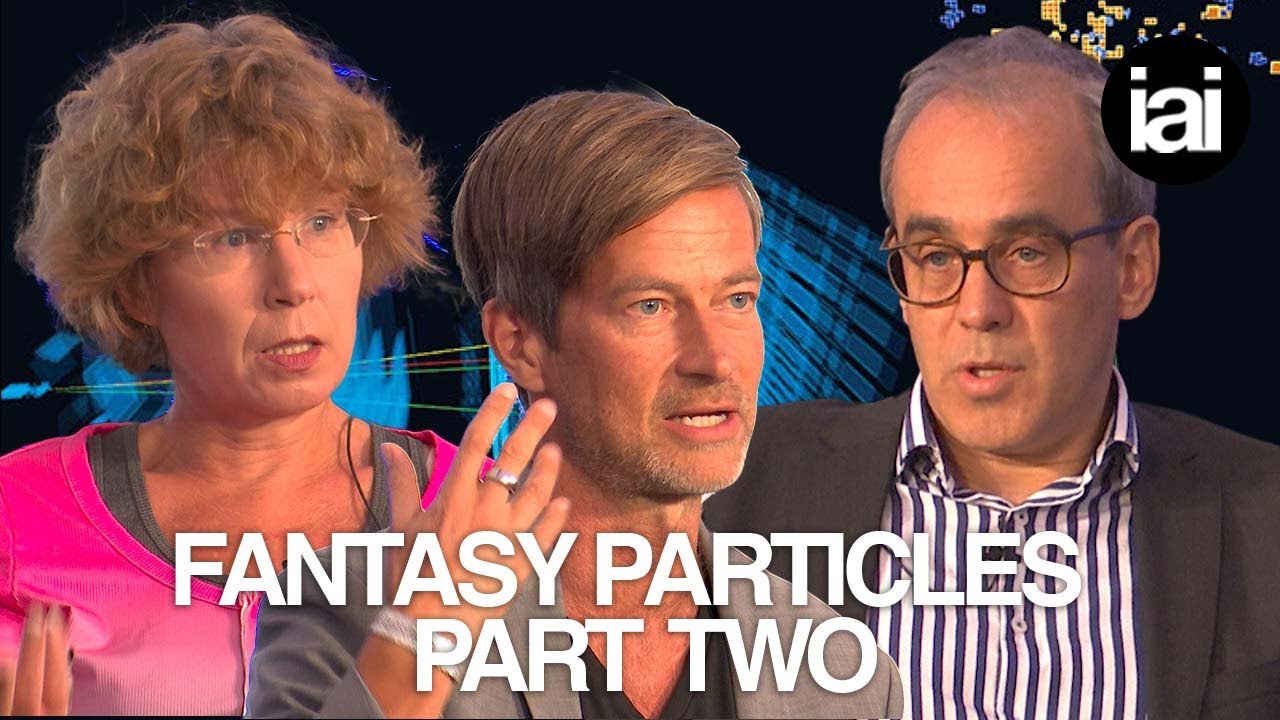Interested in #technology #science and #philosophy
I love to smoke and create #art
@realnetag@mastodon.social
#India
- 5 Posts
- 1 Comment
Joined 1 month ago
Cake day: May 29th, 2024
You are not logged in. If you use a Fediverse account that is able to follow users, you can follow this user.





The current knowledge of particles is enough to work with exploration of quantum phenomena like entanglement and superposition and using lasers, it may be possible to design efficient ways of encrypted communication and compute. More “in-depth” analysis of particles and particle fields requires more investment in a new bigger particle collider, the heavy investment of which I am in favor of delaying.
Theoretical physics paves way for new insight, and it certainly does not expend too much energy unless machine learning models are employed which again consumes a significant amount of energy. Still this is not as huge an investment as the one towards building a new bigger collider.
I am happy to know that particle physicists are doing everything they can to work with the resources at hand. Building a complete new apparatus in terms of a bigger collider is something I am against. If modification of the existing collider to build the bigger one is economically viable, that is a separate discussion.
From my perspective, a push towards building a bigger particle collider to continue being relevant in a field that a physicist has invested most of his / her study towards in life, instead of diversifying towards other equally important and interesting scientific fields is selfish, if achievement is viewed in terms of publishing, for this individual. There will not be any data anyway as no scientist will voluntarily disclose that they would rather lobby for bigger particle colliders than work in a different scientific field.
Hypothetically speaking, if the research papers involving the bigger particle collider wouldn’t mention names of the associated researchers, I wonder if we’ll start seeing mood swings of physicists pushing for the same.Ordinary people have a right to energy as much as scientists do. Ordinary people are consumers of the products of scientific research, either in terms of access to knowledge or products of the same so they are engaged in the same ecosystem. Sports, cinema and other entertainment contribute to general wellbeing of people. Comparing energy expense of public engagement in these activities to scientific research has left me bewildered. Scientists should set the precedent of conserving energy as much as possible and inspire the world in doing the same, sparking more innovation in industry.